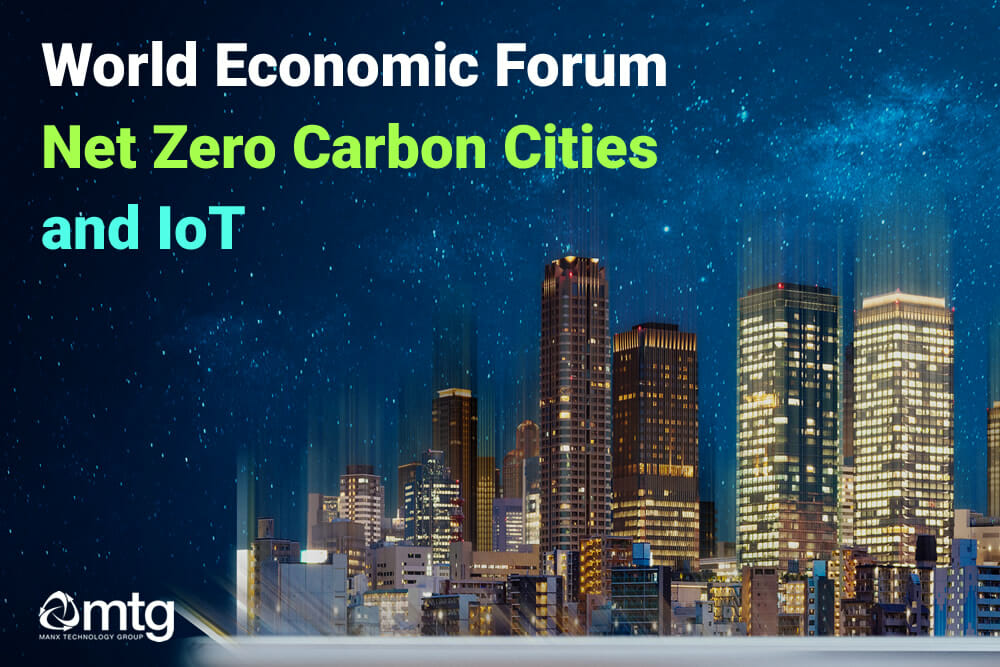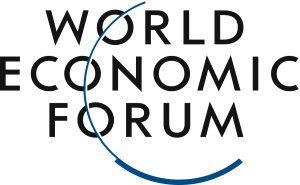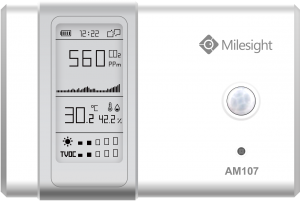
The World Economic Forum has published its report entitled Net Zero Carbon Cities – An Integrated Approach. The report sets out several opportunities to help a city transition to a net-zero carbon position, many of which rely on digitisation and technologies such as the Internet of Things (IoT).
The report starts with the simple question: Why is it so important to decarbonise cities?

Key points:
- The cities in which more than one-half of us live account for nearly two-thirds of the CO2 emissions that lie at the root of our planet’s looming climate crisis.
- Cities cover 3% of the earth’s landmass but are accountable for over 70% of the world’s carbon emissions.
- Cities consume 78% of the world’s primary energy.
- 54% of people live in cities (projected to be 68% by 2050).
The report sets out a framework that encourages cities to take a holistic approach to carbon reduction. We highlight the main pillars:
Opportunities
Efficiency and distributed energy resources
- Building efficiency – retrofits, renewable energy projects and a focus on low-income households
- Smart, efficient appliances – increase Ssmart, efficient appliances such as air conditioners and household appliances.
- Distributed solar and behind-the-meter batteries – Solar and small-scale batteries bring power generation closer to demand, reduce T&D losses.
Electrification of transport
- Policies and regulation – clean air zones, ICE sales phase-outs, enhanced emission standards, charging points, planning permissions.
- Sponsorship, subsidies and co-financing – incentives and subsidies for EV purchases and charge point deployments.
- Technology development – smart charger rollouts and dynamic pricing schemes.
Decarbonised heating and cooling systems
- District heating and cooling (DHC) – Networks of underground hot and cold water pipes to service multiple buildings.
- Electrification of heating – Flexible use of heat pumps and adapting dynamic pricing to encourage heat pump use and shift loads to off-peak.
Demand optimisation and energy flexibility
- Dynamic pricing, ToU (time of use) and demand response – dynamic pricing schemes can increase customer participation and reduce renewables curtailment and save money.
- Aggregation – Consider new incentives that encourage aggregation from distributed energy resources (DER) to provide peak load and voltage support services.
The role of IoT in Zero Carbon Cities

The report highlights IoT’s importance in areas such as electricity, gas and water readings, street lighting, waste management, and parking data – alongside other smart cities applications. Interoperability and standardisation of technologies and communication protocols (i.e. LoRaWAN) are essential for these types of solutions to scale.
Systemic Efficiency aims to enable a decarbonized, highly electrified and resilient city ecosystem though ultra-efficient buildings and smart energy infrastructure.
Most of all, collecting all of this data will require skills and expertise in data collection and data analysis, allowing stakeholders to make more informed decisions.
WE Forum predicts that building management systems and connected devices will react to signals such as energy and water prices in the future.
Conclusion
Many of the document’s recommendations align with other initiatives or standards such as ISO 37122 – Sustainable cities and communities. Policies, incentives and regulations have a real role to play – but it is clear modern technologies such as IoT and data analytics are vital.
You can read the full report on the World Economic Forum Website. MTG provides a range of IoT solutions that can help you achieve your zero-carbon goals, or make some way towards that enviable goals. To learn more, e-mail sales@mtg.im, call +44 1624 777837 or select Contact Us on our website.
More information
If you would like to learn more about our products and services, request pricing, or discuss a project requirement - you can MTG using the details below. Alternatively, you can e-mail sales@mtg.im for more information.

